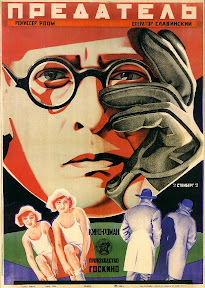Recently, I have left the house each day with lists of things I want in my life. Because where I currently live is still sparse as far as furnishings go, I essentially set out to "furnish" my life. This isn't simply a desire to have something but more an active progression toward how I want to live in the world. This active progression never comes to an end. Rather, its destination is a utopia in itself: a mode of existing in the world that will never truly occur but is easily reducible to a possible description or image of existence. I've talked about heterotopias before, but there is a certain utility in the utopian vision of one's life that necessitates the idea of the heterotopia in the first place. As utopian conceptions intersect, you're left with being in the moment -- beautiful, tragic, sad, depressing, boring, lovely, and so on -- that is frozen outside the trajectory. It is interesting to come to terms with the notion that the way I furnish my life will never complete itself -- in some way, "feeling at home" in the world is accepting the inability to "complete" the home.
When I leave the house, I walk up Cortland Avenue to visit the bookstore. Furnishing my life with books is important as an act of collection that I find soothing. I have certain books in mind when I enter the bookstore, but I am also quite conscious of an overarching, socially inscribed value to authors and particular texts. Thus, when I move on from the bookstore to the man on the street selling books, I buy the "valued" book for a quarter.
Literally: I will never read the book. It falls in the pile of "valued" but does not overlap with my actual interests. But having it is part of the constitution of myself (which perhaps in this moment is broadcasting "fake") just as a bookshelf represents an individual's way of seeing the world. This isn't a totalized vision, but rather an interesting cross section of how one chooses to represent oneself. So, I buy books that I don't need and won't read for the purpose of having intellectual "capital", which can be freely traded using Bookmooch for books that I actually want to read and display on my bookshelf (which doesn't exist here, so all the books I've accumulated since moving to San Francisco are actually on the floor).

Just like the way I envision utopia but never realize that existence, I am always progressing toward a collection of books that will perfectly represent me. Obviously, the irony of this trajectory is that it goes to infinity, thus making my accumulation of books so excessive that representation becomes vague; the only thing conveyed is that I have too many books that I won't read. Simultaneously, the beauty of the infinite limit is that collection and "furnishing" are realized as active modes, as ways of articulating the spirit in ourselves.


2 comments:
You're a true consumer: an individual who does not purchase an object for it's "use-value" but for it's "sign-value."
I enjoy reading your posts.
looking back, it's funny that I use the word "briefly" in the title of this post.
Post a Comment